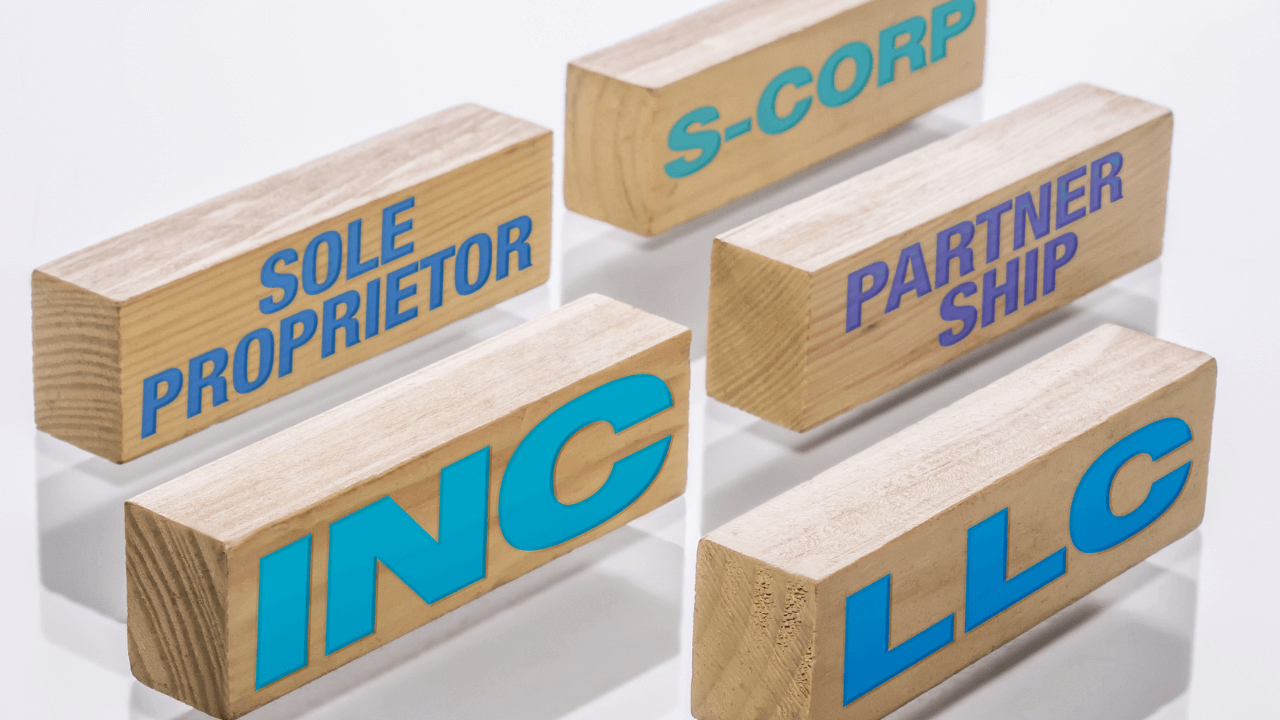Kiva Loans are crowdfunded microloans. They are a nonprofit fueled and supported by donations, loans and grants from users. They distribute the money to the likes of nonprofits, schools and business owners in developing countries, plus others. They provide social capital.
Are you an interested business owner? Here’s what you need to know to get a Kiva business loan. Remember, they don’t charge interest. And there are no fees.
What Is a Kiva Loan?
The company is based in San Francisco, and they lend money to American businesses that can’t get traditional financing. Kiva is similar to other types of crowdfunding. Individual lenders can give money starting at $25 dollars. A loan gets paid back, but potential lenders shouldn’t expect to get a 100% return.
Business owners can apply for loans and the loan amount depends on several different factors. There’s also a specific social underwriting process involved.
Here’s more from Salvador Briggman about how this social lending website works:
- READ MORE: 15 Crowdfunding Examples
How Does Kiva Microlending Work?
The Kiva team matches up lenders and borrowers. They work with Kiva lenders to support financially excluded individuals. Kiva borrowers are often business owners in emerging countries. They get loans through local Field Partners. Remember, you can get involved and endorse borrowers from your personal dashboard.
Kiva partners with more than 290 microfinance entities in 77 different locations. When the loan gets funded, these partners collect repayments. Plus, many of the loans are pre-disbursed. That means the borrower gets access quickly.
What Are the Advantages for a Kiva Borrower?
These loans in the US are direct loans. There’s no Field Partner involved with these Kiva funds.
Here are some other advantages for a small business.
- Businesses can hire employees. Kiva works to let owners delegate. That leaves entrepreneurs in underserved communities more time to grow their businesses.
- A business can expand a product line. Prospective lenders are interested in social enterprises.
- Businesses can pay lawyer’s fees and other services. Licenses and other agreements can eat into a cash flow.
- They can market. They can include part of a loan amount to professionally upgrade a website.
- A loan can help to buy new equipment. A borrower can realize a good return when they upgrade. A business can bring in new customers using this kind of public fundraising.
Who Qualifies for a Kiva Loan from Microfinance Institutions?

Get a loan through Kiva in over 70 countries on five continents. A Kiva lender will look at the following criteria. There are several qualifications that businesses will need to sort through.
The Loan Must Be For Business Purposes
No personal loans are accepted. Plus, you must not be a franchise.
You Need To Be at Least 18 Years Old
And your business cannot be in bankruptcy or foreclosure.
You Should Have a Good Business Plan
As a borrower, it needs to be complete. To attract field partners, the fundraising goal should be clear.
You Should Be Socially Aware
Borrowers need to seek change. The lender network looks for positive impacts.
You Need to be Responsive
Kiva contacts applicants several times during the whole process. Even though there is no credit score requirements, you’ll need to answer questions about the repayment process, funding and approval.
- READ MORE: What is Crowdfunding?
What Is the Kiva Application Process?
There are qualifications and steps this lending platform requires for a new loan, but there’s no minimum credit score.
1. Gather Your Financial Info

A small business needs to provide tax returns etc. They want official government documents.
2. You Need a Business Plan

Potential borrowers should already have one. Don’t forget a market analysis including where you provide services.
3. What’s The Loan Amount You Need?
These loans can go up to $15,000 dollars if you’re looking to be fully funded. A borrower can get a three-year repayment period. The repayment rate is different based on amounts.
4. Describe Your Business Type

Kiva asks you to take your time with this section. There are loan profile photos, business descriptions, and the purpose of the loan sections.
5. The Private Fundraising Period.
This stage is about engaging more lenders through your network. There are a few intermediate steps listed, along with some more info on getting a new Kiva loan.
Table: Steps to the Kiva Application Process
You can print this table and physically tick off the checklist column items as you complete each step or use an editing tool to mark them digitally.
| Step | Description | Checklist (?) |
|---|---|---|
| 1. Gather Your Financial Info | Small businesses are required to provide official government documents such as tax returns. | |
| 2. You Need a Business Plan | Prepare a comprehensive business plan, inclusive of a market analysis detailing the regions where your services are provided. | |
| 3. Determine the Loan Amount | Loans can reach up to $15,000, with varying repayment rates based on the loan amount. Borrowers can avail of a repayment period up to three years. | |
| 4. Describe Your Business Type | This section requires detailed information including loan profile photos, business descriptions, and a clear articulation of the purpose of the loan. | |
| 5. The Private Fundraising Period | This step involves leveraging your network to engage more lenders, encompassing a few intermediate steps and additional details about securing a new loan through Kiva. |
Do You Need a PayPal Account to Get a Kiva Loan?

Unfortunately, no. Kiva maintains a strict policy of conducting all monetary transactions exclusively through PayPal. This is to ensure the security and reliability of the loan process for both lenders and borrowers.
To clarify, Kiva unequivocally does not accept the following payment methods:
- Dollar Bills or Coins: Transactions cannot be facilitated using physical currency.
- Checks: Traditional check payments are not accepted as they can be prone to delays and security issues.
- Wire Transfers: This method, often used for transferring large sums, is not supported on the Kiva platform.
- Money Orders: Kiva does not accept money orders as a valid form of payment, owing to potential complications and delays in processing.
- Other Money Transferring Systems: In addition to the aforementioned methods, Kiva does not accept transactions made through other popular money-transferring platforms, including, but not limited to:
- Venmo
- Google Wallet
- Apple Pay
- Skrill
- Intuit
- Facebook Message payments
Ensure that your PayPal account is connected to your bank account, facilitating a smooth transfer of funds from PayPal to your bank.
Do You Have to Pay Back a Kiva Loan?
Monthly payments need to be made. You need to guarantee repayment. Those start one month after you get your money. If you’re having trouble, you can email the company. The Kiva trustee that vouched for you may be able to help.
Are Kiva Loans Legit?
Kiva has been around for 15 years. They are legit and have the numbers to prove it. In fact, 2.5 million people globally have received money through them. There is a risk of principal loss, however. The company doesn’t guarantee repayments. There is no guarantee of any kind of financial return either.
Lending or borrowing through Kiva involves risk. If you’re looking for more proof that Kiva is a legitimate organization. Consider the fact that they have a four-star rating on Charity Navigator. This website evaluates nonprofits for their sustainability, efficiency and stability.
Should You Use a Kiva Loan to Finance Your Business?

This is an excellent way for startups who have built up any business credit to get going. The interest rates are zero. One of the other amazing things that set it apart is the fact there’s no credit check. Plus, there are field partners that can help you raise capital. And they screen borrowers and collect repayments. Some of the other advantages include the fact you can qualify with bad credit or no credit.
Another factor is flexible financing. Once you get one of these loans, you can use the money for many of your business expenses. That can include marketing, inventory, payroll, new equipment, or almost anything else.
READ MORE:
Image: Depositphotos
This article, “What Are Kiva Loans? The Insight, Impact, Transformation, Empowerment” was first published on Small Business Trends
